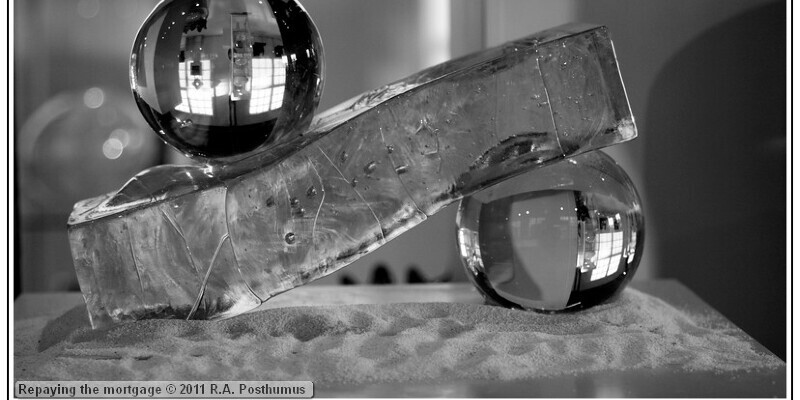Normally, homeowners refinance mortgages to benefit from rates of interest that are lower. According to the Fair Isaac Corporation, a $450,000 home loan with an rate of interest of 3.954 percent produces a monthly payment which is $144 lesser than a loan using a 4.567 percent speed. The interest savings over the life of the loan works out to $51,706. When you look to refinance, you need to conduct your lender search employing the exact same amount of scrutiny as if you obtained your original mortgage. Obtain a copy of your credit report and score. You can get a free copy of your report from each of the three credit bureaus once a year in the government-authorized AnnualCreditReport.com site. As of 2010, you ought to pay another fee to see your credit score. Understanding where you stand credit-wise can assist you in the refinance process. Underwriters will evaluate your own…
How Do I Choose a Lender to Refinance My Mortgage?









